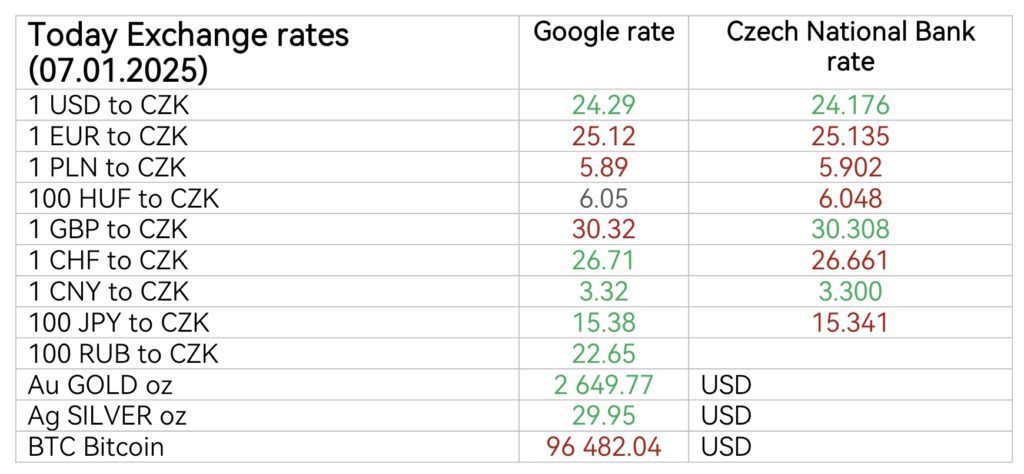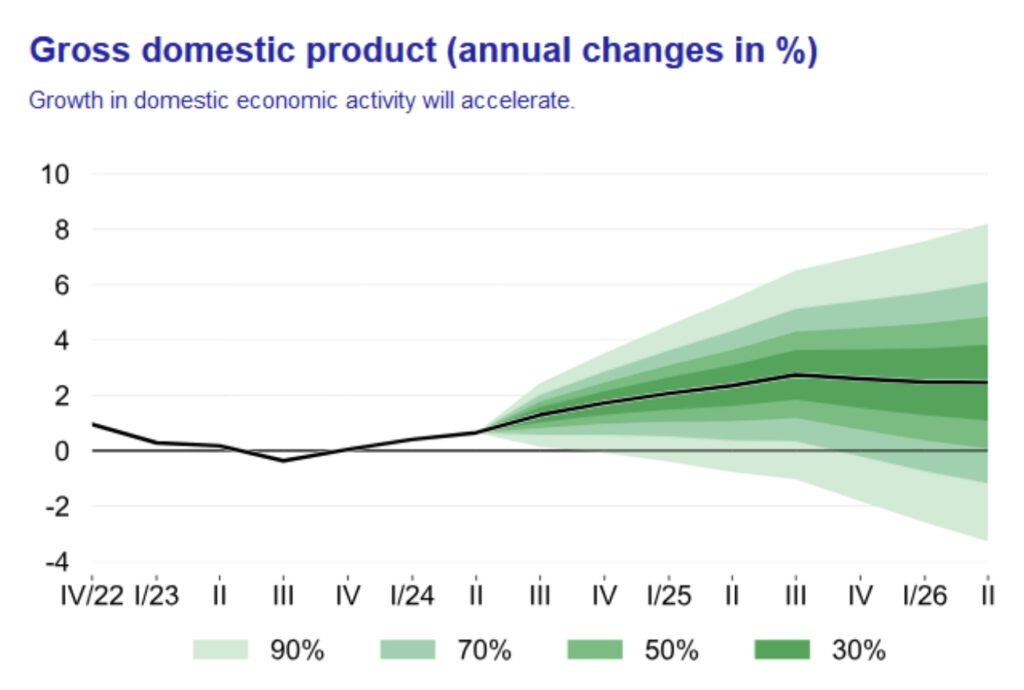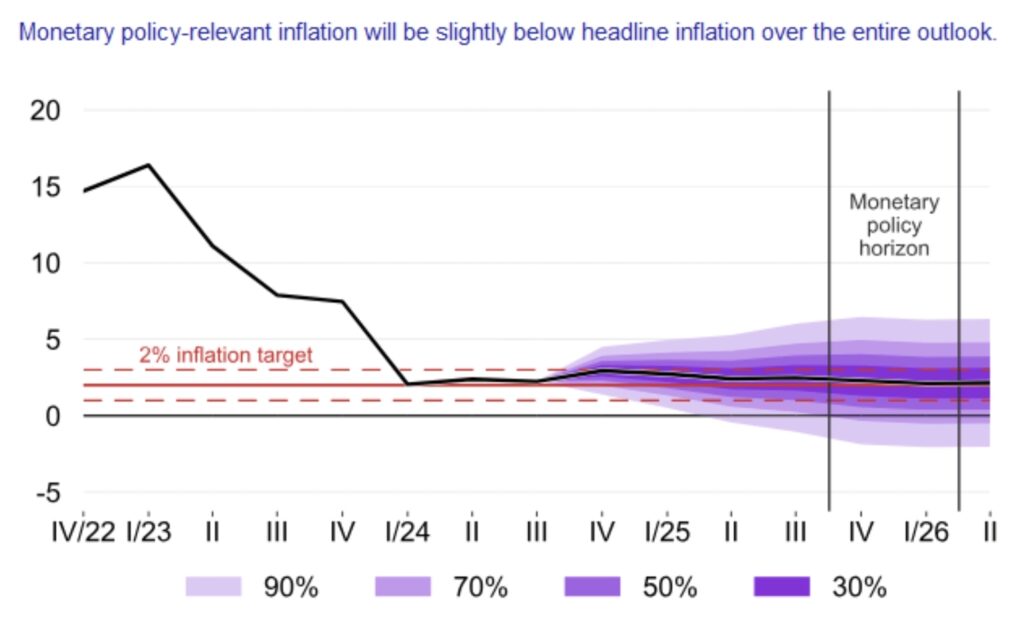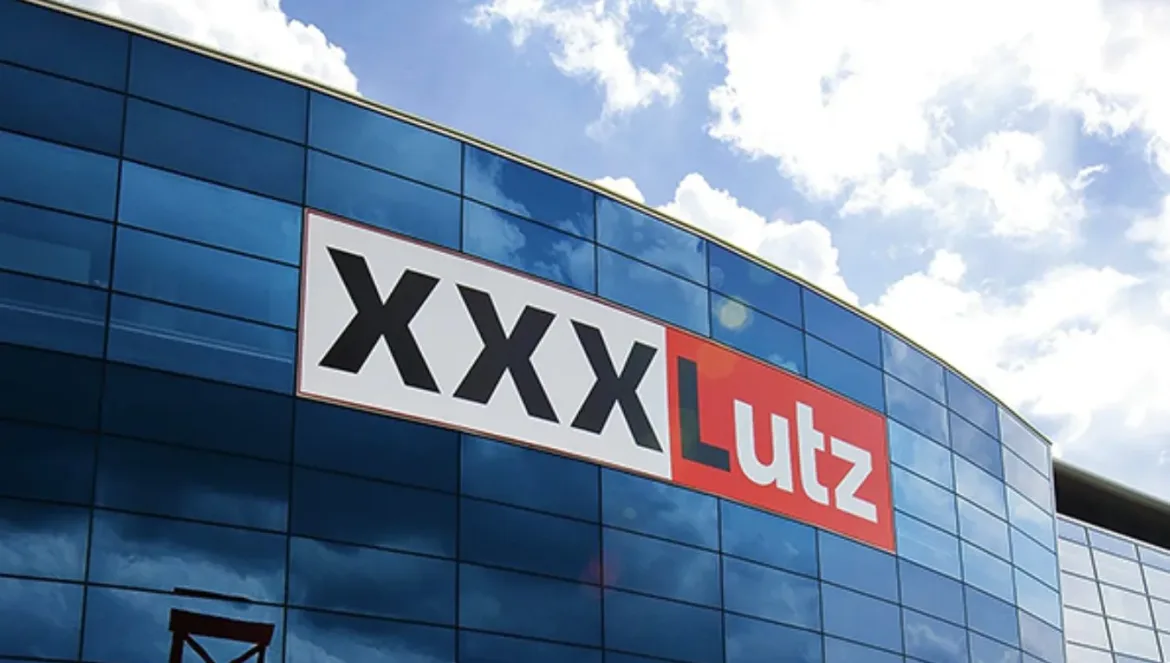
Overview of the latest economic events in the Czech Republic
The Czech National Bank (CNB) has announced that it bought more than 20 tonnes of gold last year, increasing its reserves to 100 tonnes. Governor Aleš Michl said the move was part of a strategy to diversify the bank's assets and strengthen financial stability.
Foreign investments - trends and attractions: 24-hour overview
Foreign investment continues to play a key role in the Czech economy. The Antimonopoly Office approved Blackstone's acquisition of ten logistics parks in the country, underlining the attractiveness of the Czech real estate and logistics sector for international investors. The move reflects confidence in the country's economic stability and growth potential.
Important events from the Czech Republic
In the retail sector, Austrian furniture retailer XXXLutz announced the acquisition of the German Porta Group, which operates approximately 140 stores in Germany, the Czech Republic and Slovakia. In the Czech Republic, Porta operates 14 stores under the Asko brand. The acquisition is expected to strengthen XXXLutz's market position in Central Europe.
In the automotive industry, the Hyundai plant in Nosovice recorded a decline in production last year, producing fewer cars than in previous years. The company has set an even lower production target for this year, citing problems in the global auto market and supply chain disruptions.
Significant events outside the Czech Republic with global impact
Globally, inflation in the euro area has picked up, moving away from the European Central Bank's target. These developments have implications for monetary policy decisions and economic stability in the euro area and potentially affect trade and investment flows with neighbouring economies, including the Czech Republic.
In the technology sector, Meta announced the cancellation of its fact-checking programme and adopted a model similar to Elon Musk's approach to social media platforms. Initially, this change will come into effect in the United States, with potential global implications for information dissemination and content moderation policies.
Overview of the main macroeconomic indicators from the Czech Republic: January 2025

HDP Q3 1,4%
Latest GDP forecast by the Czech National Bank: (annual GDP change)
2024: 1.0 %
2025: 2.4 %
2026: 2, 4 %
HDP: 342 990 000 000 USD
GDP per capita: 33 040 USD
GDP purchasing power parity: 645 540 000 000 USD
Average gross nominal wage Q3 2024: 45 412 CZK (+7%)
Minimum wage: 20 800 CZK


Interest rate (December 2024): 4%
Inflation rate - consumer price index (annual) 2.8 %
Inflation rate - consumer price index (month-on-month) 0.1 %
Average annual inflation (2023): 10.7% (2022: 15.7%)
Industrial producer price index (annual) 1.7 %
Market services price index (annual) 3.7 %
Construction work price index (annual) 2.5 %
Agricultural producer price index (annual) 5.5 %
Money supply M3 (October 2024): 7 002 614 340 000 CZK
Money supply M3 (2002): CZK 1 339 928 850 000
(M3 reflects the total amount of money in circulation in the economy)
Deficit/surplus of public finances Q3 2024: -34 406 000 000 CZK
Consolidated public debt Q3 2024: CZK 3,449,937,000,000
Population 2024/9: 10 897 237
Total number of economic operators 2023: 2 800 294
Number of economic entities with identified activity 2023: 1 668 516
Number of natural persons in business 2023: 1 968 473
Sources:
Czech Statistical Office, official website accessed 3.1.2025, https://csu.gov.cz/
Czech National Bank, official website, accessed 3.1.2025, https://www.cnb.cz/
Czech National Bank - Monetary Policy Report - Autumn 2024 page 19, accessed 28.12.2024
International Monetary Fund, official website, accessed 4 January 2025, https://www.imf.org/
GH




3 comments
Je recommande vivement Ernestopro.fr pour suivre les actualités et les analyses économiques en République tchèque. Leur plateforme offre des informations fiables, actualisées et précises, ce qui est essentiel pour prendre des décisions éclairées dans un contexte économique mondial complexe. Leur couverture détaillée des événements, comme la stabilité politique ou les tendances du marché, est un atout précieux. Grâce à Ernestopro.fr, j'ai pu mieux comprendre les enjeux économiques et anticiper les évolutions du marché. C'est une ressource incontournable pour toute personne souhaitant rester informée et mieux naviguer dans le paysage économique actuel. Je continue à consulter leur site régulièrement pour bénéficier des meilleures analyses disponibles.
Can you be more specific about the content of your article? After reading it, I still have some doubts. Hope you can help me.
Thank you for your sharing. I am worried that I lack creative ideas. It is your article that makes me full of hope. Thank you. But, I have a question, can you help me?